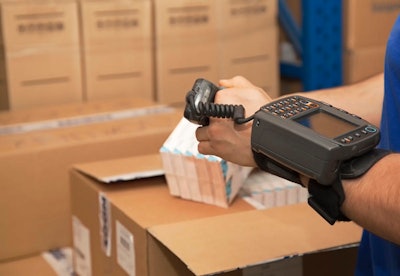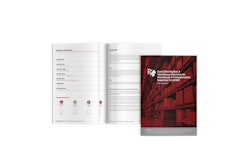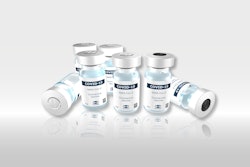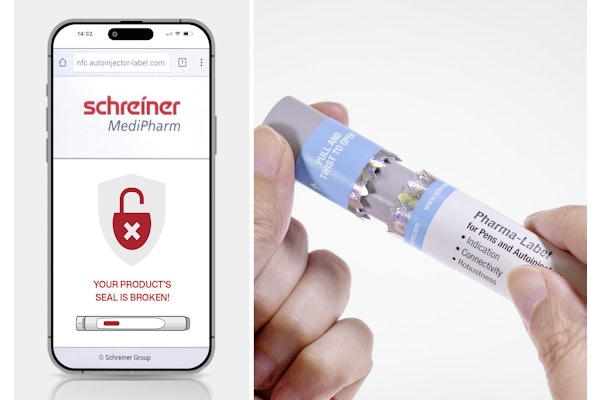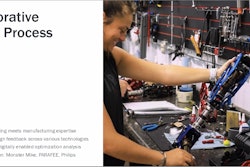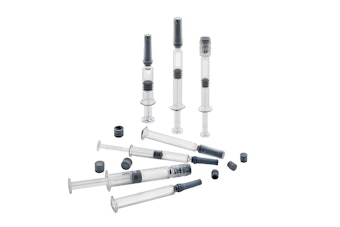At HDA’s Distribution Management Conference in Indianapolis (Mar. 13-15, 2023), a number of attendees asked for further clarification regarding what constitutes suspect and illegitimate product during an FDA DSCSA tele-presentation from Connie Jung, RPh, PhD., senior advisor for policy.
3911s and recalls: One audience member asked about products unfit for distribution, and if there is an expectation that they submit a 3911 notification for product recalls and for lot recalls. Speaking off-the-cuff, Jung noted that the DSCSA requirements are not intended to change or modify current recall processes. Those processes are still in effect and there will likely be some additional clarification during the finalization of that guidance. She said that certain product quality issues that may effectuate a recall would not necessarily fully meet the definition of an illegitimate product.
Reporting party: Another question came up regarding who is responsible for reporting the 3911. Is it the distributor or dispenser that has product in their possession that they suspect to be counterfeit/diverted/stolen, or is it a distributor that has material that's been diverted or stolen?
Jung explained that technically the law requires everybody to report if they have illegitimate product in their possession or control and acknowledged that there has been some confusion among trading partners in the situation that the product in question is not in their hands anymore.
The agency has received multiple 3911s related to the same event, and she said that that’s acceptable. “It helps us piece together the puzzle in terms of what we're investigating," Jung said. "The law also requires coordination with the manufacturer. Even if it is a dispenser and they’re coordinating with a manufacturer, the report could come through the manufacturer as well. Obviously, we want at least one report, but in the event that other trading partners do report the information, sometimes there's additional information within those reports that again, helps to piece together parts of the investigation.”
While it’s possible there may be duplicate reports about the same product or the same event, that’s ok and may help the FDA build their investigation.
Reverse logistics: Another attendee explained that, looking at the guidance, instructions are not particularly clear for product that goes into the reverse logistics supply chain, and what should happen if that product is lost or stolen. He was unsure of the reporting responsibilities for product that's unsaleable, i.e. it's not meant for consumption, and it’s being sent back to be destroyed. Many manufacturers struggle with product that gets lost in the reverse logistics process.
Jung said that the definitions don’t necessarily distinguish between saleable or non-saleable product and took a note that further clarification on the FDA’s part may be needed. She also highlighted that it’s important that the agency is made aware of product that’s been diverted and has the potential to be put back into the supply chain.
